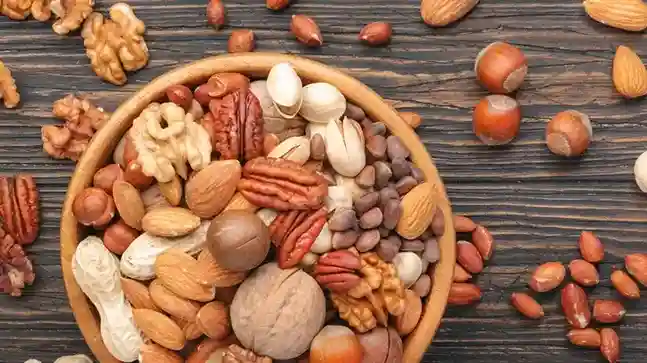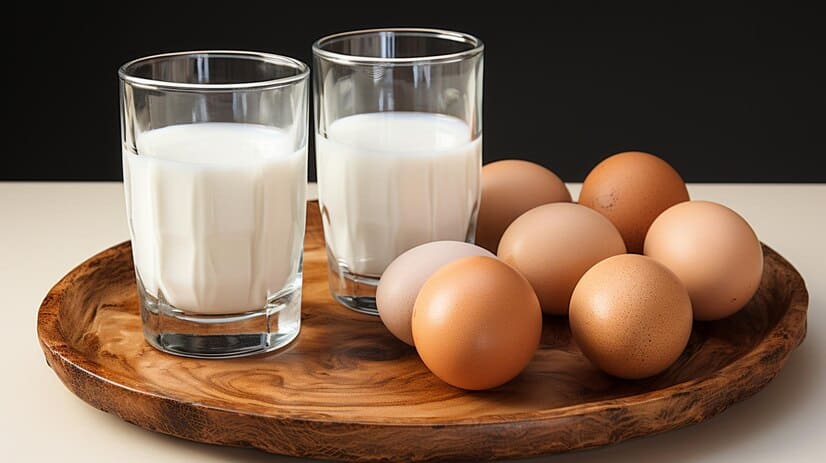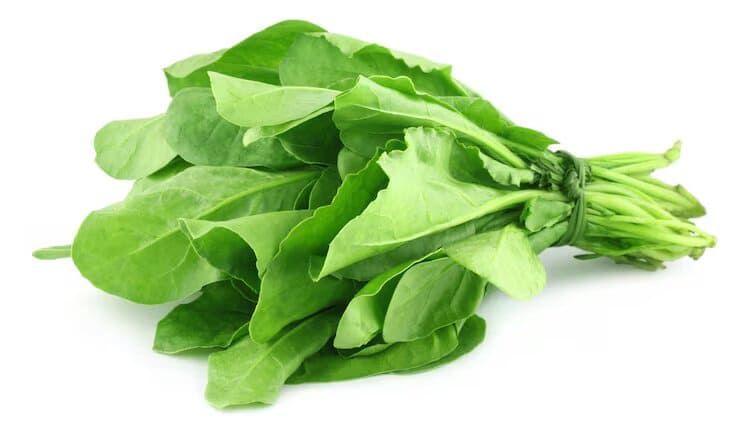Foods to Increase Female Egg Size and Improve Fertility

When trying to conceive, the quality and size of a woman’s eggs (oocytes) play a crucial role in fertility. While egg size is largely determined by genetics and hormonal balance, certain nutrients can support ovarian health, improve egg quality, and enhance reproductive function.
In this comprehensive guide, we’ll explore the best foods to naturally boost egg health, increase egg size, and improve fertility.
Understanding Egg Quality and Size
Before diving into the best foods, it’s important to understand how egg quality and size impact fertility:
- Egg Size: A mature egg (ovum) is about 0.1 mm in diameter—visible only under a microscope. The follicle (which houses the egg) grows to about 18-25 mm before ovulation.
- Egg Quality: Refers to the egg’s ability to fertilize and develop into a healthy embryo. Poor egg quality can lead to infertility or miscarriage.
While you can’t drastically change egg size, you can improve the environment in which eggs develop by optimizing nutrition, blood flow, and hormonal balance.
Top Foods to Improve Egg Health and Fertility
1. Healthy Fats (Omega-3s and Monounsaturated Fats)
Healthy fats support hormone production and reduce inflammation, which is vital for egg health.
- Avocados – Rich in monounsaturated fats and vitamin E, which protect eggs from oxidative damage.
- Salmon & Sardines – High in omega-3 fatty acids, which improve blood flow to the ovaries.
- Flaxseeds & Chia Seeds – Plant-based sources of omega-3s that balance estrogen levels.
- Olive Oil – Contains antioxidants that support reproductive health.
2. Antioxidant-Rich Foods

Antioxidants protect eggs from free radical damage, which can decline egg quality with age.
- Berries (Blueberries, Strawberries, Raspberries) – High in vitamin C and antioxidants.
- Dark Leafy Greens (Spinach, Kale) – Rich in folate, iron, and antioxidants.
- Nuts (Walnuts, Almonds) – Contain vitamin E and selenium, which protect egg cells.
- Dark Chocolate (70%+ Cocoa) – Boosts circulation and reduces oxidative stress.
3. Protein-Rich Foods

Adequate protein supports cell growth and hormone regulation.
- Eggs – Contain choline, which supports fetal brain development.
- Lean Meats (Chicken, Turkey) – Provide iron and B vitamins for ovulation.
- Lentils & Beans – Plant-based proteins with fiber and folate.
- Bone Broth – Rich in collagen and amino acids that support reproductive tissues.
4. Iron-Rich Foods

Iron helps prevent anemia and ensures proper oxygen supply to the ovaries.
- Beef Liver – One of the best sources of iron and vitamin A.
- Quinoa – A gluten-free grain packed with iron and protein.
- Pumpkin Seeds – High in iron and zinc, which support hormone balance.
5. Vitamin D Sources
Vitamin D deficiency is linked to poor egg quality and PCOS.
- Fatty Fish (Salmon, Mackerel)
- Egg Yolks
- Fortified Dairy or Plant Milk
6. Zinc-Rich Foods
Zinc is crucial for cell division and hormone regulation.
- Oysters – Extremely high in zinc.
- Pumpkin Seeds – A great plant-based zinc source.
- Grass-Fed Beef – Supports progesterone production.
7. Folate & B Vitamins

Folate (vitamin B9) is essential for DNA synthesis and egg maturation.
- Leafy Greens (Spinach, Swiss Chard)
- Citrus Fruits (Oranges, Lemons)
- Beans & Lentils
8. Maca Root
An adaptogenic herb that may balance hormones and improve ovarian function.
9. Royal Jelly
A nutrient-dense bee product that may support egg quality and hormonal balance.
10. Water & Hydration
Proper hydration ensures optimal cervical mucus and blood flow to reproductive organs.
Foods to Avoid for Better Egg Quality
Just as some foods help, others can harm egg health:
- Processed Foods – High in trans fats and preservatives.
- Sugary Foods & Sodas – Spike blood sugar and cause inflammation.
- Excessive Caffeine – May interfere with hormone balance.
- Alcohol – Linked to oxidative stress and reduced fertility.
Lifestyle Tips to Improve Egg Health
Along with diet, these habits can enhance fertility:
✔ Exercise Moderately – Yoga and walking improve circulation.
✔ Reduce Stress – High cortisol disrupts reproductive hormones.
✔ Sleep Well – Aim for 7-9 hours for hormonal balance.
✔ Avoid Toxins – Reduce exposure to BPA, pesticides, and chemicals.
Final Thoughts
While genetics and age play a role in egg quality, a nutrient-rich diet can significantly improve ovarian function and fertility. By incorporating healthy fats, antioxidants, proteins, and key vitamins, you can create an optimal environment for egg development.
Key Takeaways:
✅ Eat omega-3s, antioxidants, and iron-rich foods.
✅ Stay hydrated and avoid processed foods.
✅ Support egg health with lifestyle changes like stress management and sleep.